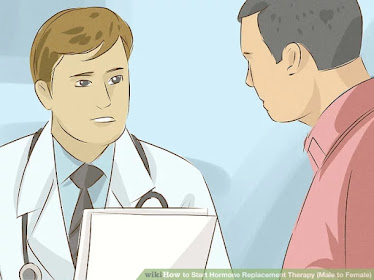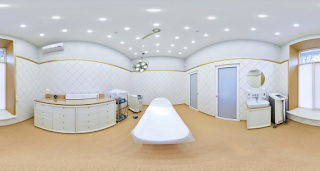Do you have these symptoms of Hormonal Imbalance?
Hormones are chemicals produced in the endocrine glands that get directly in the blood and carry messages to different parts of the body through tissues. They play a role in your body's growth, metabolism, sexual and reproductive functions.
Hormonal
imbalances happen when someone has too many or too few specific hormones that
can have negative side effects on the body. They can happen to anyone at most
ages, including children.
What causes hormonal imbalances in
the body?
Many things can contribute to these imbalances, such as
diabetes, stress, injuries, or any other medical condition. People suffering
from thyroid can also face such imbalances, along with tumors and several other
cancer treatments. Age also plays a crucial role
in postmenopause when the ovaries cease production of estrogen, affecting the
entire body over time causing hormonal imbalances in women. This is the reason
why there is a need for women hormone therapy
which provides some relief and gets back the hormonal imbalance on track.
What are the signs you
should look out for?
Since hormones play a vital part in how your body operates it has several effects on the body. Some of them are:
- Weight Gain
- Fatigue
- Heat and cold sensitivity
- Dry Skin
- Weight Loss
- Depression
- Weakness or stiffness in the muscles
- Acne
- Vaginal dryness
- Pain during sex
Imbalances in hormones can cause a lot more problems in women and men. At times, imbalances in males often require treatment for low testosterone in males to control the situation. The signs for each treatment are different and will vary depending upon the specific condition it is causing.
How can it be treated?
Different methods are used to test for imbalances in the
body because each person faces different symptoms depending on their age,
lifestyle, and body type. Blood tests, pelvic exams, and ultrasounds are common
methods, usually following a physical exam which will provide us a clear
picture of a particular problem that we are facing. Once a patient is diagnosed
it can be treated in many ways. For women, various hormonal therapies and
treatments are recommended such as estrogen therapy, vaginal estrogen, hormonal
birth control, etc. These techniques can be used depending upon the cause.
Anti-androgen medications can help reduce issues with acne, hair loss, facial
hair growth, and more.


Comments
Post a Comment